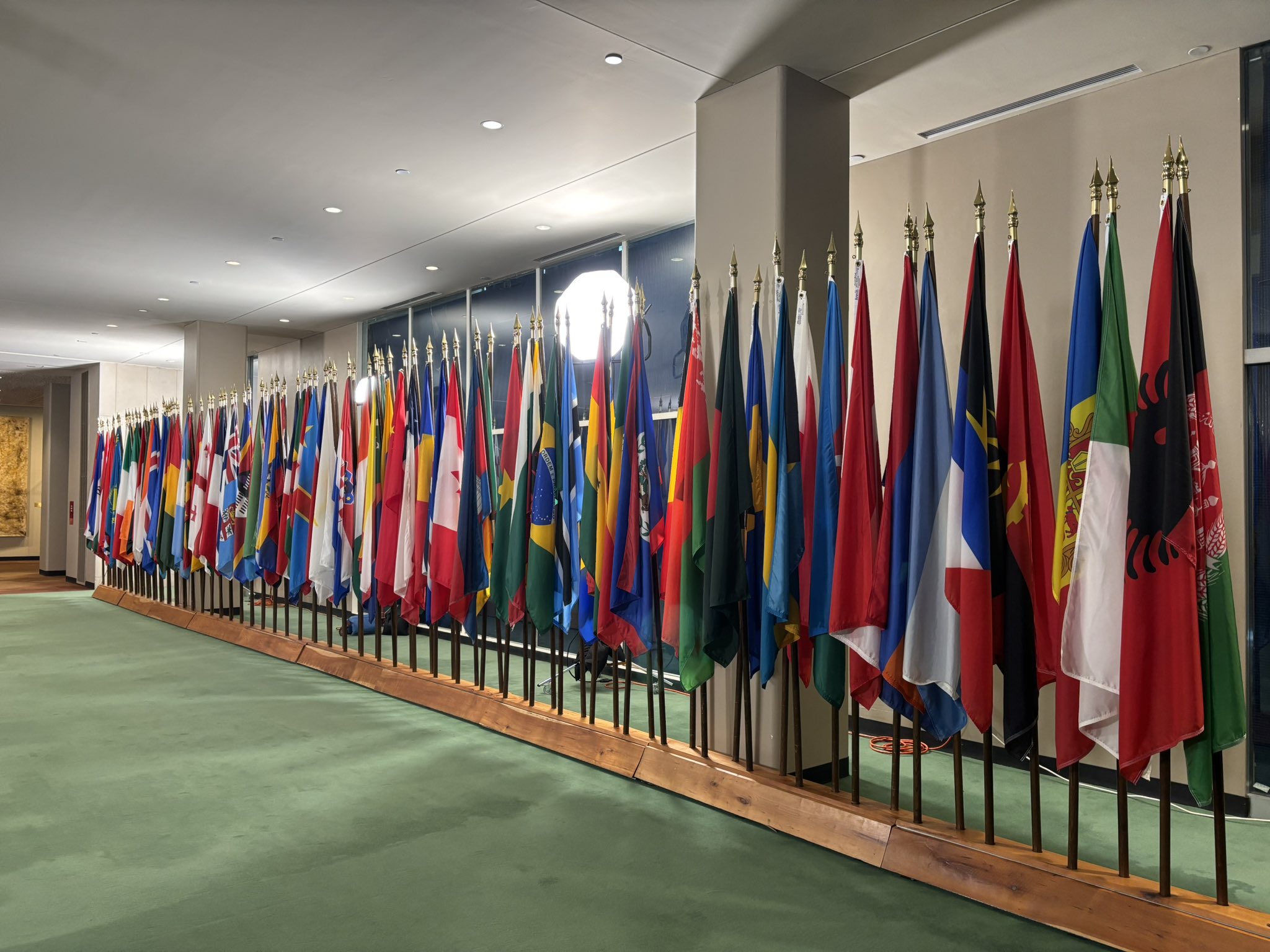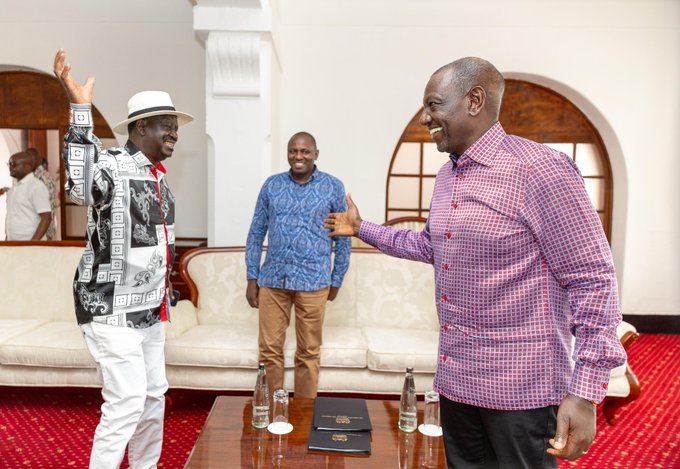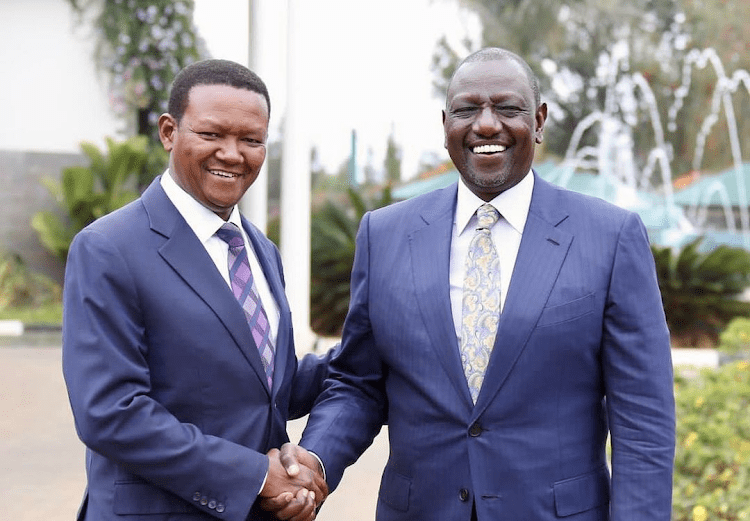By The Weekly Vision Correspondent
The International Rescue Committee (IRC) has called on world leaders gathered in New York for the 80th United Nations General Assembly (UNGA) to take bold action to reform the multilateral system so it can deliver transformative solutions for people caught in conflict, displacement, and humanitarian crises.
Marking the UN’s 80th year, the IRC warned that the gap between its founding mission and today’s realities has widened, with the multilateral system faltering under political gridlock and funding shortfalls. The world is facing record levels of conflict, undermining the UN’s ability to address the very crises it was created to prevent. In 2024, humanitarian appeals faced a funding gap of US$25 billion, which is set to grow further as major donors cut back budgets.
David Miliband, President and CEO of the IRC, said:
“The General Assembly meets at a time when famine has been confirmed in Gaza and Sudan. Attacks around the world on principled humanitarian aid delivery are severely undermining the ability to meet needs. Conflict resolution efforts under the auspices of the UN have been sidelined, and the UN Security Council remains paralysed.”
Miliband stressed that while political solutions to conflicts are urgently needed, immediate interventions must also be scaled up to deliver support to those in need. He called for “a new era for aid” defined not just by how much money is raised, but by where and how it is spent, and how it is financed.
The IRC urged that aid be directed towards countries facing the highest risks from conflict, climate shocks, and debt distress, guided by data-driven vulnerability assessments. Civil society and NGOs, it noted, continue to deliver innovative, cost-efficient solutions even as the multilateral system remains gridlocked.
For example, while the current system for treating acute malnutrition is split between two UN agencies, the IRC has developed a simplified, integrated protocol in the Sahel and Horn of Africa. This community-level approach has reduced treatment costs by up to 30 per cent, allowing thousands more children to be reached with the same resources.
The IRC also urged that foreign aid funding prioritise proven, cost-effective interventions where the UN can serve as a convenor between public and private sectors.
Through its REACH project, in partnership with Gavi, the Vaccine Alliance, the IRC has delivered over 19 million vaccine doses to children in zero-dose and under-immunized areas in some of East Africa’s hardest-to-reach regions. With support from the Pfizer Foundation, the partnership has expanded immunisation in Ethiopia’s Tigray region, demonstrating how civil society, anchored by UN leadership, can deliver life-saving interventions at scale.
The IRC further stressed that aid must be taken directly to the frontline, with local response at the centre of reforms.
“Locally delivered response is more targeted and tailored to the needs of affected communities, and often cheaper,” it said. To fully harness this, donors and the wider humanitarian sector must move towards locally-led systems change that achieves durable outcomes and lays the groundwork for sustainable development.
As the international community gathers at UNGA, the IRC urged leaders to seize the moment, not with symbolic gestures but with reforms grounded in evidence, equity, and ambition.
[/full]





